OUR
PROJECT TEAM
Our project team consists of nine partners from the Netherlands, Germany, United Kingdom, and the United States. Each partner focuses on one or more of the Ecom objectives, but we have a strong emphasis on collaborative work to strengthen the interdisciplinary nature of the project. More information on each of the partners is given below.
Go directly to
Erasmus MC
A healthy population and excellent healthcare. This is what the Erasmus MC, University Medical Center Rotterdam in the Netherlands stands for. Conducting ground-breaking work, pushing boundaries, and leading the way in research, education, and healthcare.
WHERE ARE THEY FROM?
The Department of Public Health aims at conducting eminent research and providing excellent education with a discernible impact on population health at the local, national and international level.
THEIR ROLE AT THE ECOM PROJECT?
Using focus groups and Discrete Choice Experiments (DCEs), the Erasmus MC research group determined what aspects (attributes) of pandemic-related vaccination programmes were considered important by people in four European countries, and to what extent these persons traded-off vaccination risk versus disease risk.
Using a DCE design, respondents were asked to repeatedly choose between several vaccination alternatives. By analysing the respondents’ choices using regression models, the relative importance was determined of vaccination programme characteristics (effectiveness, safety, advice, media attention, and out-of-pocket costs of vaccination) on preferences, and the uptake was predicted of several vaccination programmes for different disease scenarios.
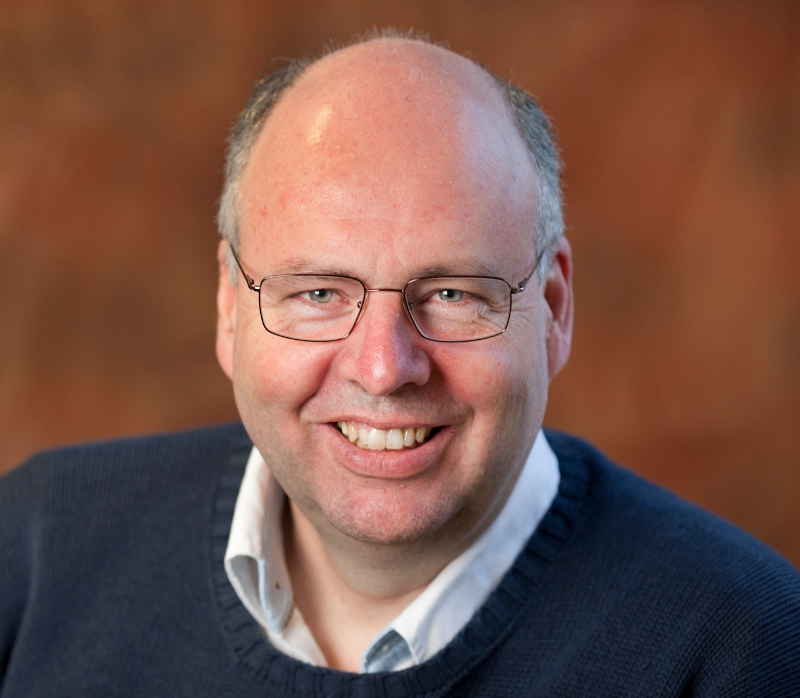
Prof. dr. Jan Hendrik Richardus
Scientific coordinator of the Ecom project. He is a public health physician, epidemiologist and professor in Infectious Diseases and Public Health at Erasmus MC. He is also staff member at the department of Infectious disease control of the Rotterdam-Rijnmond Public Health Service (GGD Rotterdam-Rijnmond). His current research activities focus on infectious disease control, in particular the development and assessment of control strategies using epidemiological methods such as mathematical modeling.
j.richardus@erasmusmc.nl
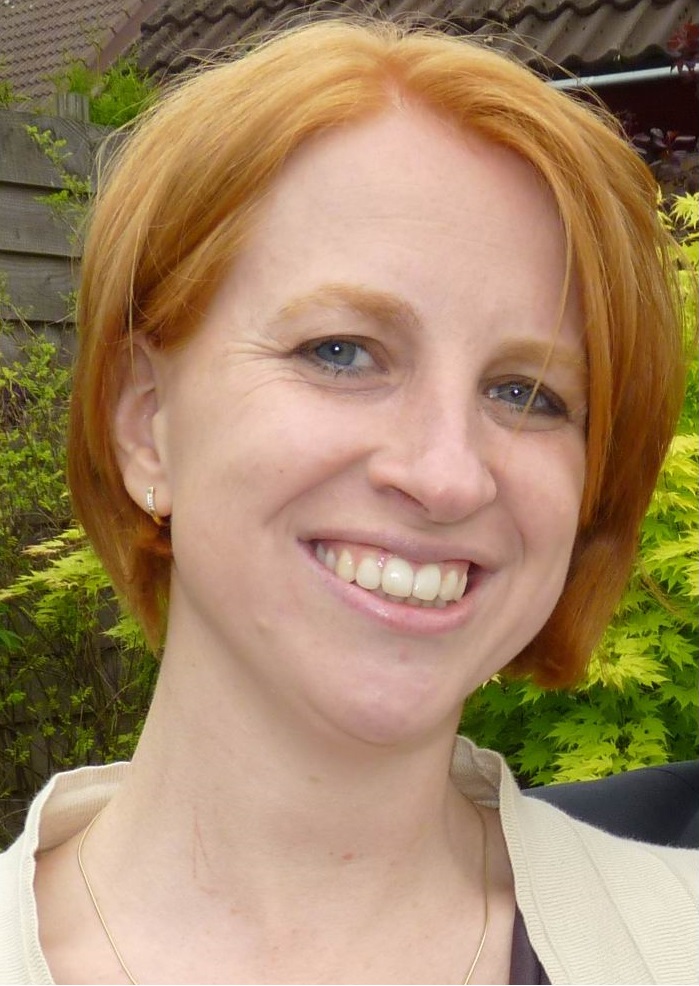
Dr. Esther de Bekker-Grob
Senior researcher, health economist, and leader of WP5. She is an expert in economic evaluation and preference research in primary healthcare, clinical care as well as public health.
e.debekker@erasmusmc.nl
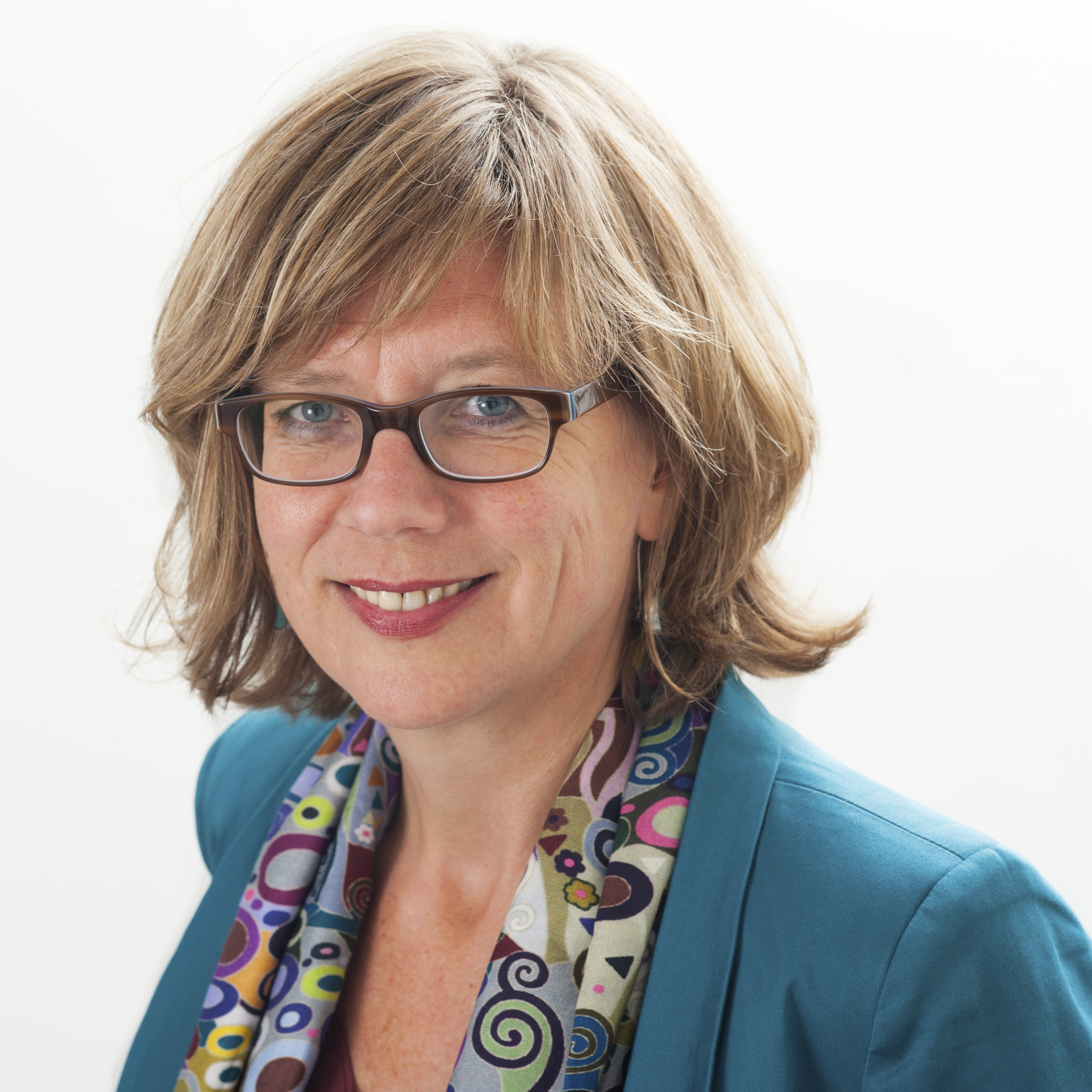
Dr. Ida Korfage
Assistant professor, economist, epidemiologist, and co-leader of WP5. She undertakes and supervises quantitative and qualitative studies with a focus on decision making processes and quality of life. Her work was supported by research grants, a fellowship and various international research visits.
i.korfage@erasmumc.nl
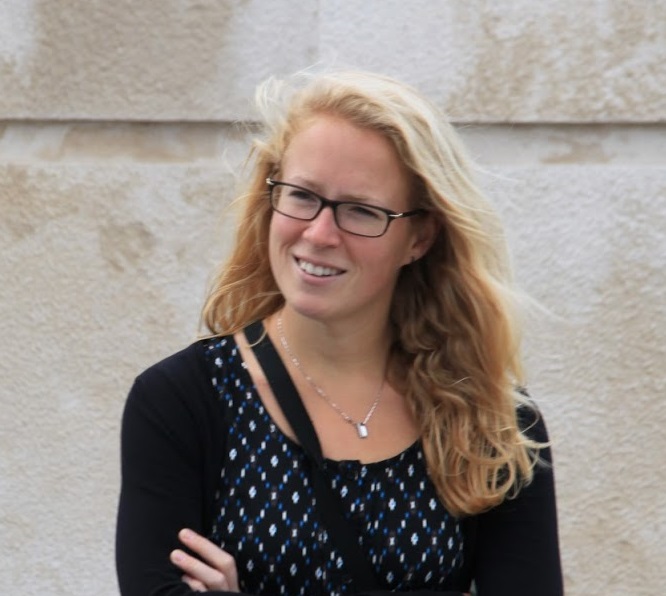
Domino Determann, MD
PhD student both at the Erasmus MC and at the National Institute for Public Health and the Environment (RIVM). Her PhD project focuses on preference research.
d.determann@erasmusmc.nl
HAW Hamburg
The Hamburg University of Applied Sciences (HAW Hamburg) with its four faculties (Engineering & Computer Science; Life Sciences; Design, Media & Information; Business & Social Sciences) is one of the largest applied science teaching and research institutes in Germany. A wide range of undergraduate and postgraduate courses are offered, with a strong practice orientation.
WHERE ARE THEY FROM?
In the Health Sciences Department, undergraduate and postgraduate training is offered to students seeking to specialize in epidemiology, health promotion research and public health. Infectious disease policies are a primary research focus of the Health Science Department. In the past 10 years, research has specifically focused on analysis of health systems, international pandemic preparedness and response, burden of infectious diseases among minority groups, and infectious disease surveillance in Europe.
THEIR ROLE AT THE ECOM PROJECT?
The HAW Hamburg research group, together with the Vrije Universiteit Amsterdam and the Erasmus MC, aims to assess in a time-series analysis: 1) what actually happened during the A/H1N1 epidemic (epidemiology); 2) what the people knew (media attention); 3) what was officially recommended (health protection measures); and 4) what the people actually perceived and did (vaccination uptake and risk perception).
The results of the time-series analysis give valuable insight into the time-dependent influence of the above factors. The perception of health officials involved in pandemic management in terms of the risk communication difficulties faced and their recommendations on what could be improved are also explored.
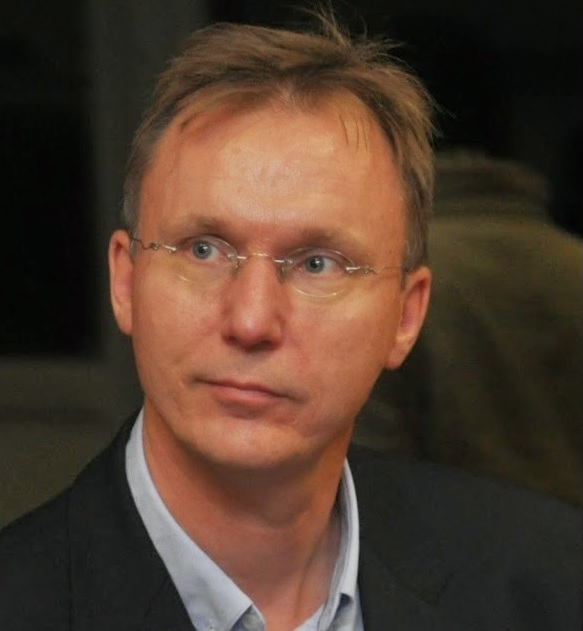
Prof. dr. med. Ralf Reintjes
Professor in Epidemiology and Public Health Surveillance at the Hamburg University of Applied Sciences and visiting professor at the Tampere School of Public Health. He is leader of WP1. He has extensive research experience in the field of infectious disease control.
ralf.reintjes@haw-hamburg.de
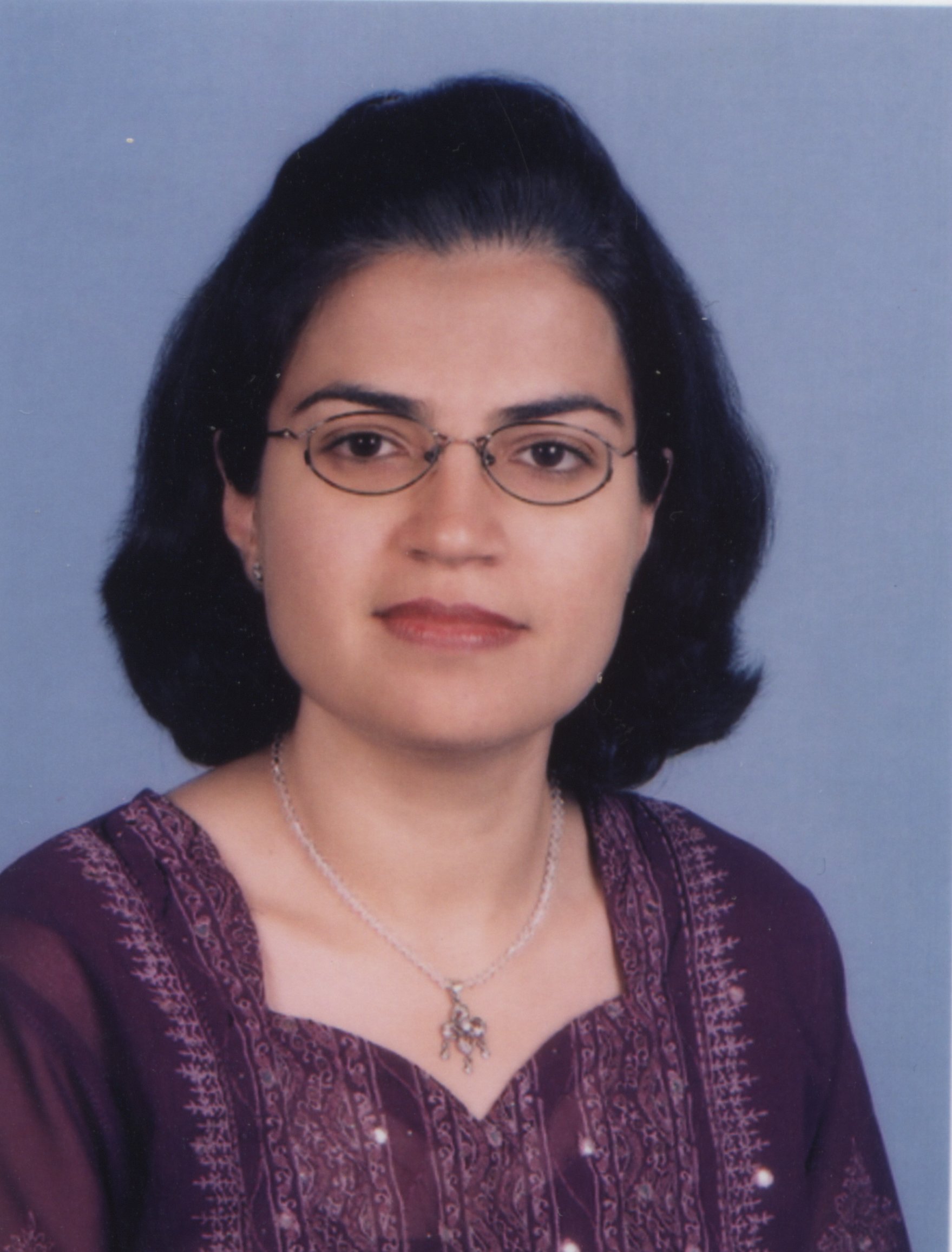
Amena Ahmad, MD
Senior researcher and lecturer at the Hamburg University of Applied Sciences. She is currently working as a researcher in the field of infectious disease epidemiology and public health policy.
amenaalmes.ahmad@haw-hamburg.de
Radboud University
Radboud University is located in Nijmegen in the Netherlands and has eight faculties. Radboud University is home to 37 bachelor programs and 64 master programs across a broad array of disciplines. Research efforts centre around fourteen themes, ranging from Language and Communication, Brain and Cognition, to Society, Economy and Politics and the Digital World.
WHERE ARE THEY FROM?
At Radboud University, the Persuasive Communication group of the Centre for Language studies focuses on how argumentative, narrative, and stylistic message features evoke and guide cognitive and affective processes that ultimately determine the audience’s attitudes, intentions, and behaviour. The group employs corpus-analytic research employing a cognitive linguistic approach to chart the verbal and visual characteristics of persuasive messages, and experimental research to assess the impact of message variations on the persuasion process.
THEIR ROLE AT THE ECOM PROJECT?
The Radboud University research group, together with the Vrije Universiteit Amsterdam, assessed how different European media (television, newspapers) reported about A/H1N1 during 2009/2010. By analysing the amount of media coverage, the content of media reports, and the tonality of these reports, our understanding of the role of the media in times of epidemic outbreaks is enhanced.
Media attention for A/H1N1 across time will be combined with epidemiological data about infection and mortality rates from the HAW Hamburg group, showing important lags between the media agenda and the agenda of public health officials that governments and health institutions need to be aware of.
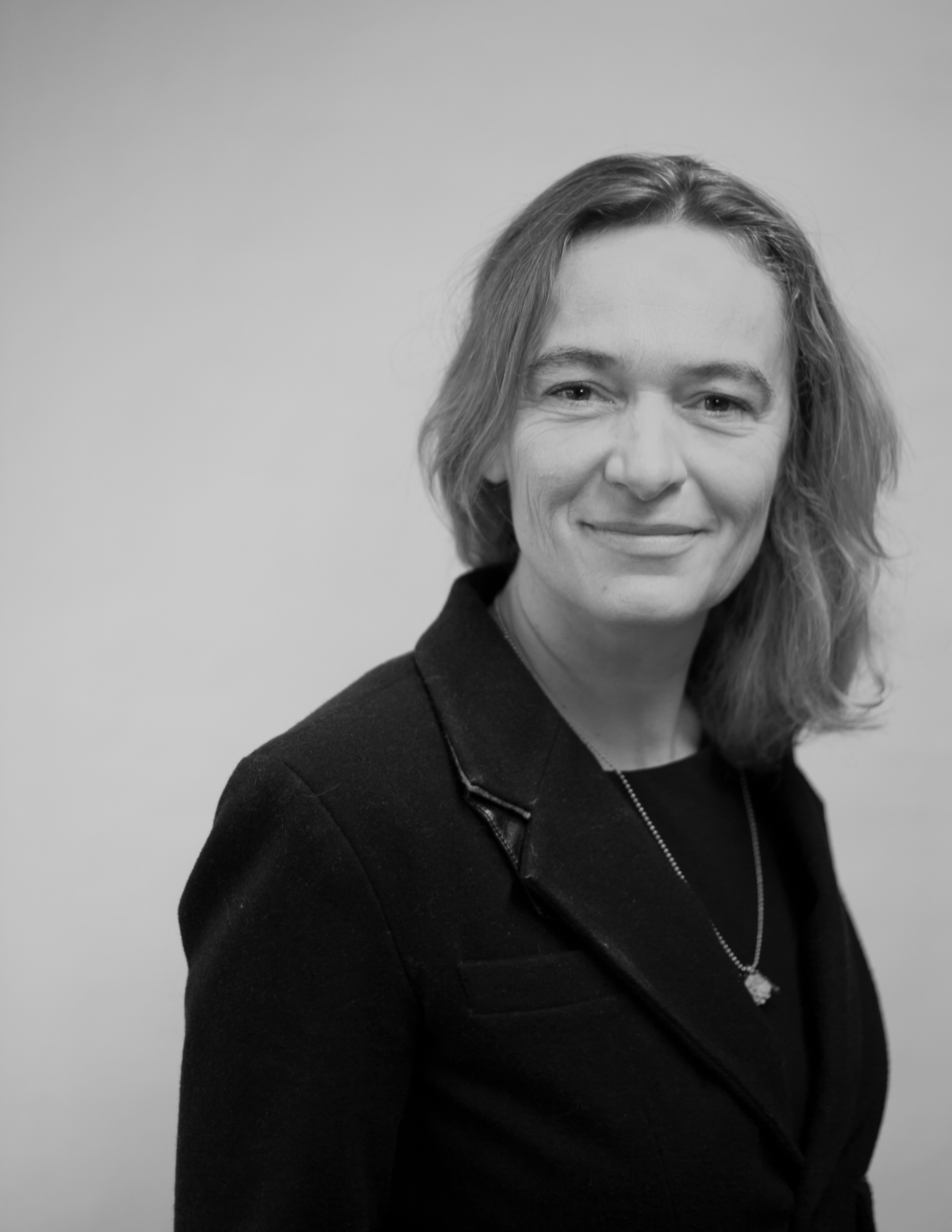
Prof. dr. Enny Das
Professor in Communication and Persuasion at the department of Communication and Information Sciences of the Radboud University, and PI of the Persuasive Communication research group of the Centre for Language Studies. She is leader of WP2. Her research expertise lies in the domain of health communication.
h.das@let.ru.nl
Vrije Universiteit Amsterdam
Vrije Universiteit Amsterdam is an Amsterdam-based university in the Netherlands with twelve faculties, and home to 48 bachelor programs and 89 master programs across a broad array of disciplines. Research efforts centre around four interdisciplinary themes: Human Health and Life Sciences, Science for Sustainability, Connected World, and Professional Services.
WHERE ARE THEY FROM?
Communication Science at Vrije Universiteit Amsterdam is situated in a society of rapid changes as a result of new media and new technologies. The department develops and disseminates knowledge about how these developments affect the forms, functions and effects of communication, with a strong emphasis on communication through new media, the psychology of the media user, and advanced methods for mapping and analyzing media content.
THEIR ROLE AT THE ECOM PROJECT?
The Vrije Universiteit Amsterdam research group, together with the Radboud University, assessed how different European media (television, newspapers) reported about A/H1N1 during 2009/2010. By analysing the amount of media coverage, the content of media reports, and the tonality of these reports, our understanding of the role of the media in times of epidemic outbreaks is enhanced.
Media attention for A/H1N1 across time will be combined with epidemiological data about infection and mortality rates from the HAW Hamburg group, showing important lags between the media agenda and the agenda of public health officials that governments and health institutions need to be aware of.
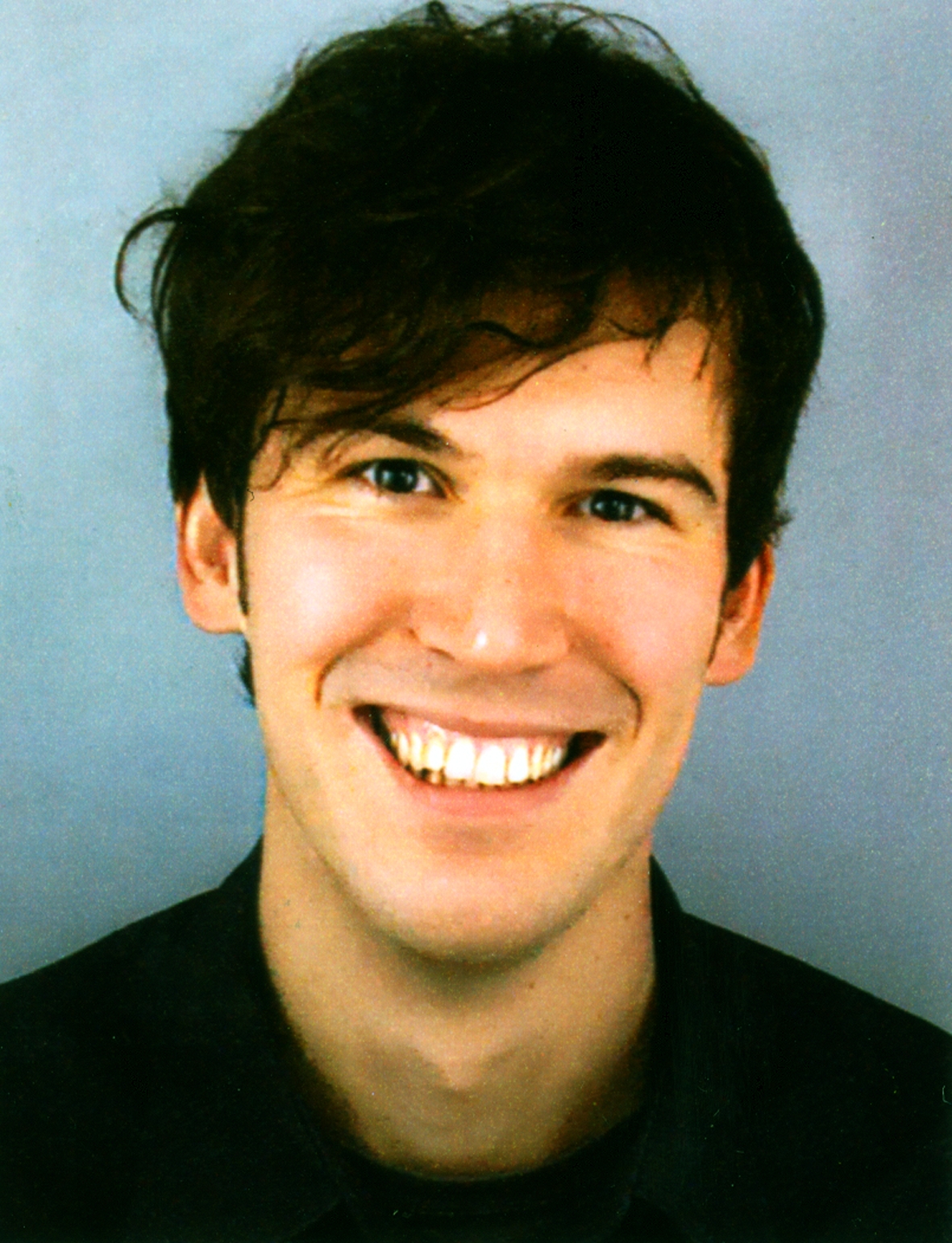
Dr. Tilo Hartmann
Associate professor in the department of Communication Science at the Vrije Universiteit Amsterdam. He studied Communication Science (PhD, 2005) and has worked at the Annenberg School for Communication at the University of Southern California. He has also worked at communication departments at the University of Erfurt and the University of Zurich. His research focuses on media use and includes research on the hostile media bias, parasocial interaction, and media realism.
t.hartmann@vu.nl
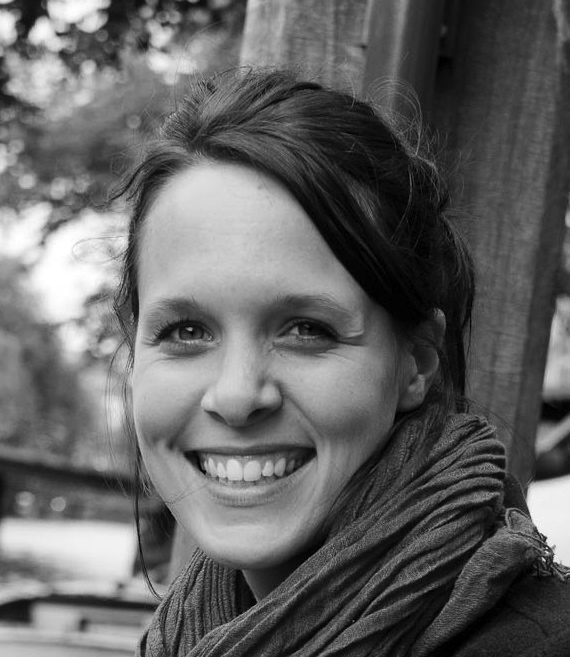
Celine Klemm, MSc
PhD student at the Vrije Universiteit Amsterdam. She graduated in media studies from the University of Cologne (Germany) with a focus in media psychology. She currently works as a PhD student analysing the role of media and journalists in a public health crisis.
c.klemm@vu.nl
Strategic Social Marketing
Strategic Social Marketing is a limited company registered in the UK. Staff from Strategic Social Marketing have worked in over 30 countries on behavioural marketing and communication programmes that seek to bring about social change. Staff from Strategic Social Marketing regularly work for the WHO, ECDC and governments, as well as large NGOs, government organisations and private sector organisations.
WHERE ARE THEY FROM?
Strategic Social Marketing works to help people apply and integrate learning and skills from across different sectors and disciplines. They focus on the strategic application of behavioural intervention and social marketing approaches. Their goal is to help organisations establish strong citizen-focused and evidence-driven strategies, designed to influence and sustain positive behaviours. Harnessing the latest thinking on social change, they are committed to help develop policy and strategy to tackle issues in such areas as health improvement, environment, civic engagement and social order.
THEIR ROLE AT THE ECOM PROJECT?
The work of Strategic Social Marketing for the Ecom project is focused on a social marketing informed analysis of vaccination behaviour, audience segmentation, and service delivery. This work applies the principles of social marketing and behavioural economics to the subject of outbreak management.
A behavioural analysis was performed indicating how new and emerging understanding about influencing behaviour can be used to design behavioural interventions to promote service uptake. This included a review of the use of incentives, conditional payments and rewards, and disincentives or penalty motivators. A review was conducted of vaccination service delivery in three European countries, including segmentation and customer journey mapping, i.e. describing the path and critical touch points with service providers, including communication touch points and physical interactions with the service. A prototype was developed of a consistent set of SMART behavioural objectives for pandemic management, that could be tested in practice.
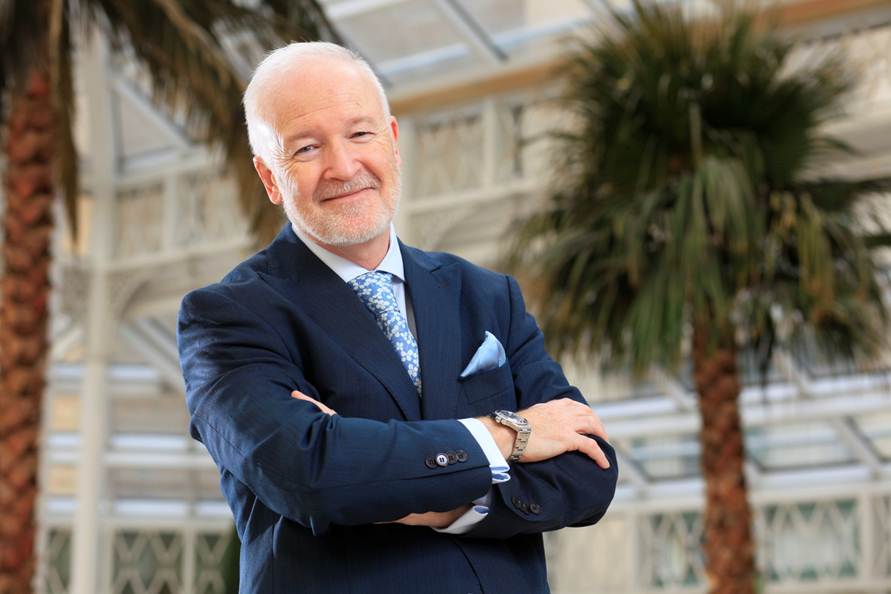
Prof. dr. Jeff French, MBA, MSc, DipHE, BA, Cert Ed
CEO of Strategic Social Marketing and leader of WP3. His research interests include behaviour change, social programme strategy development, programme planning and evaluation, social marketing, public health, and public policy.
jeff.french@strategic-social-marketing.org
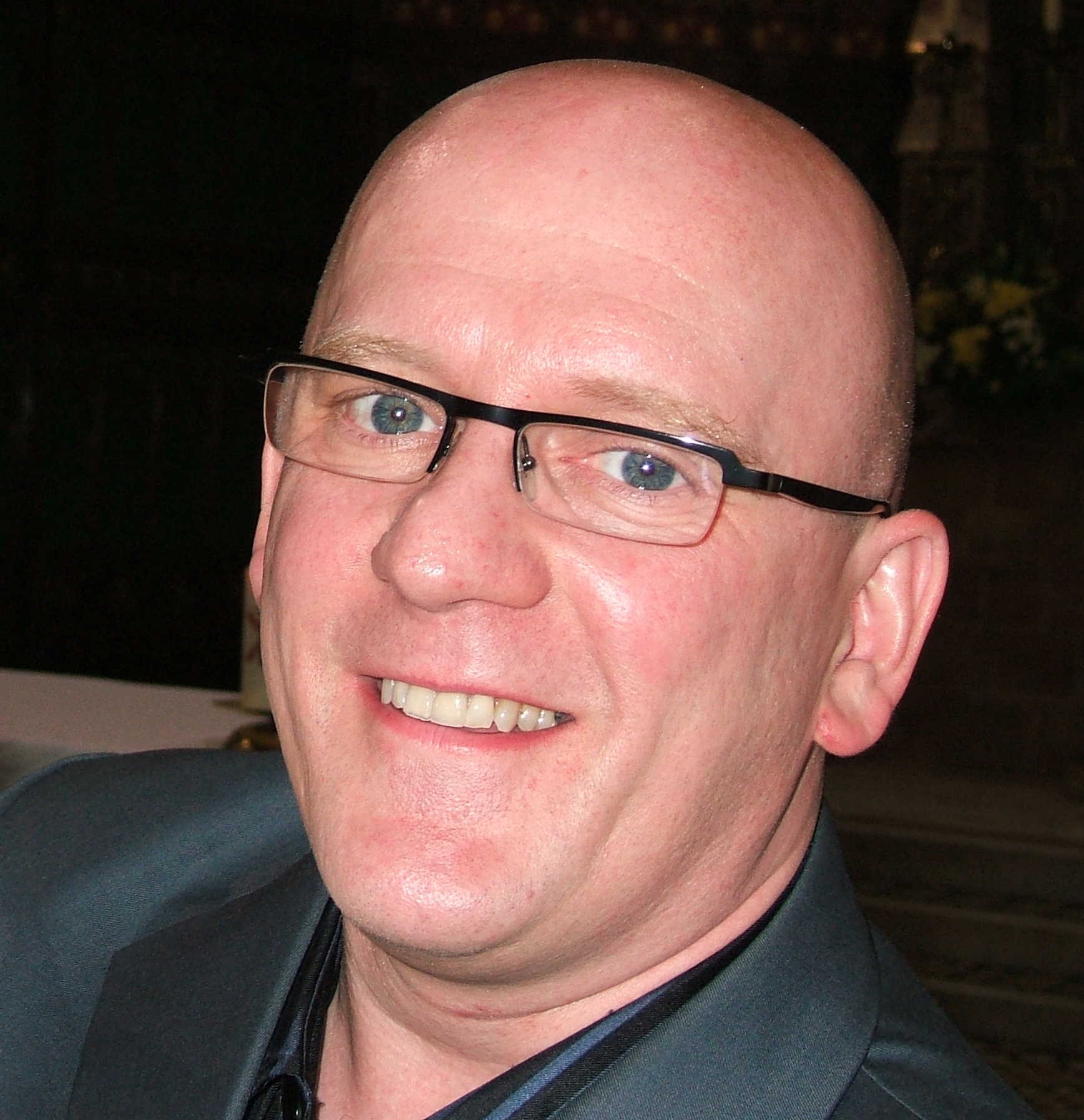
Dominic McVey, BSc, MSc
Senior researcher. He is a social researcher with an interest in the use of social marketing for public health and tackling social inequalities in health. He has extensive experience in using research to inform public health interventions and evaluations.
dom@womresearch.org.uk
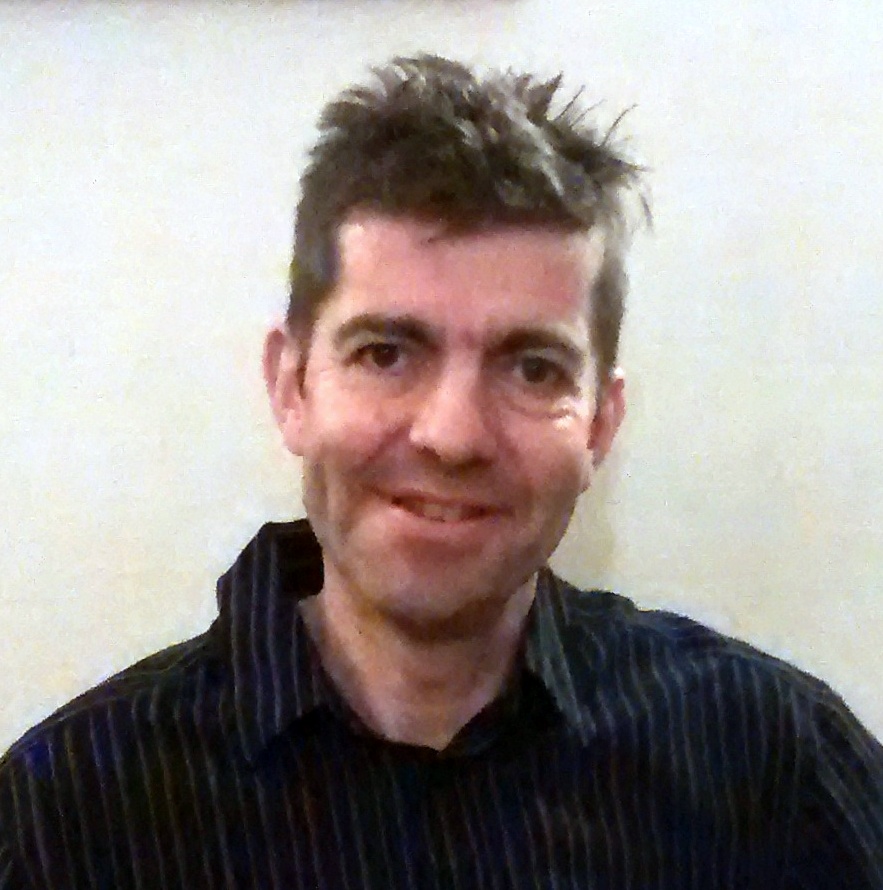
Adam Crosier, BA, MSc
Senior researcher. He is a social researcher with an interest in quantitative and qualitative research in public health, health education and social marketing interventions. He has worked with a wide range of agencies.
adam@womresearch.org.uk
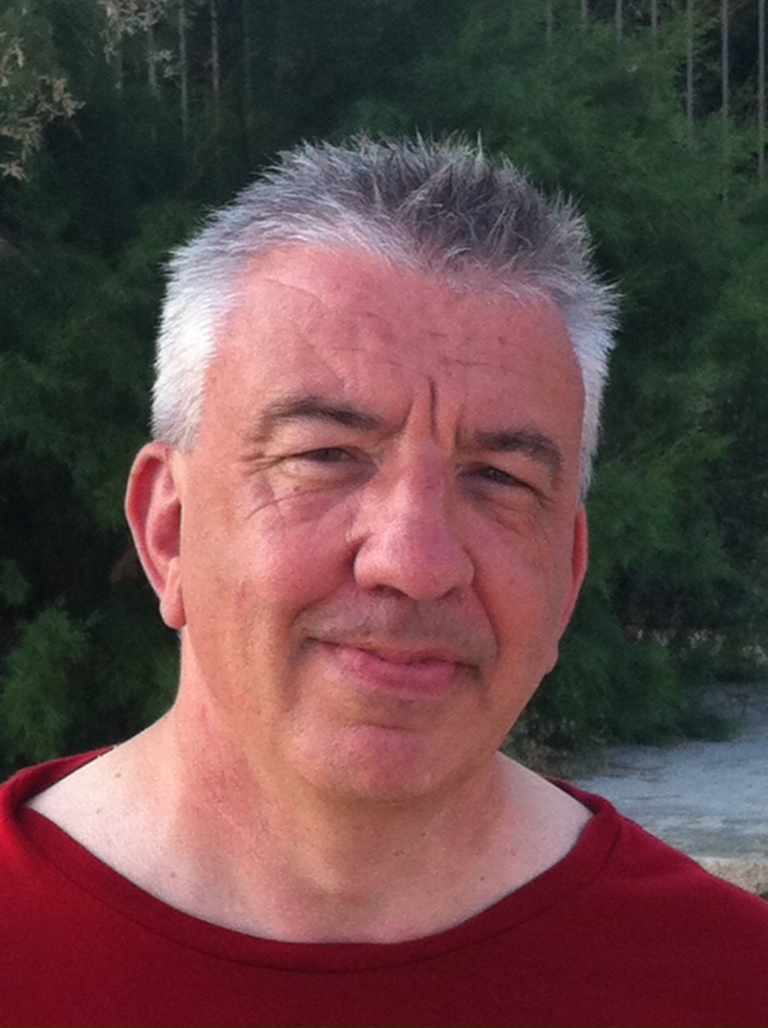
Dr. Peter Duncan
Senior researcher. He has an interest in health promotion and health education research. Areas of interest also include ethics and social policy.
peterduncan22@btinternet.com
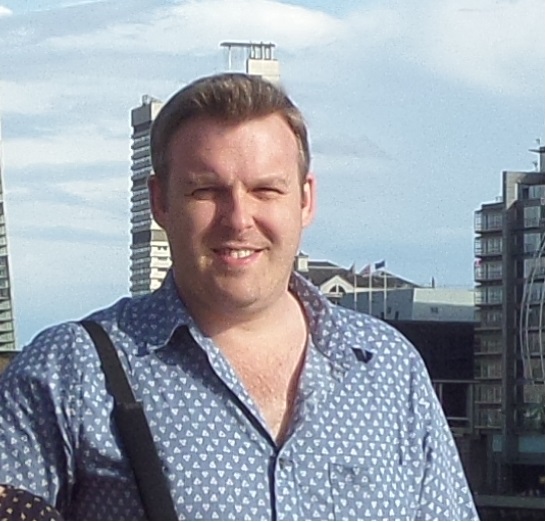
Dr. Thomas French
Research officer. His special research interest includes international policy, economics and international relations. He also carries out research and consultancy of security issues.
twfrenchgbc@gmail.com
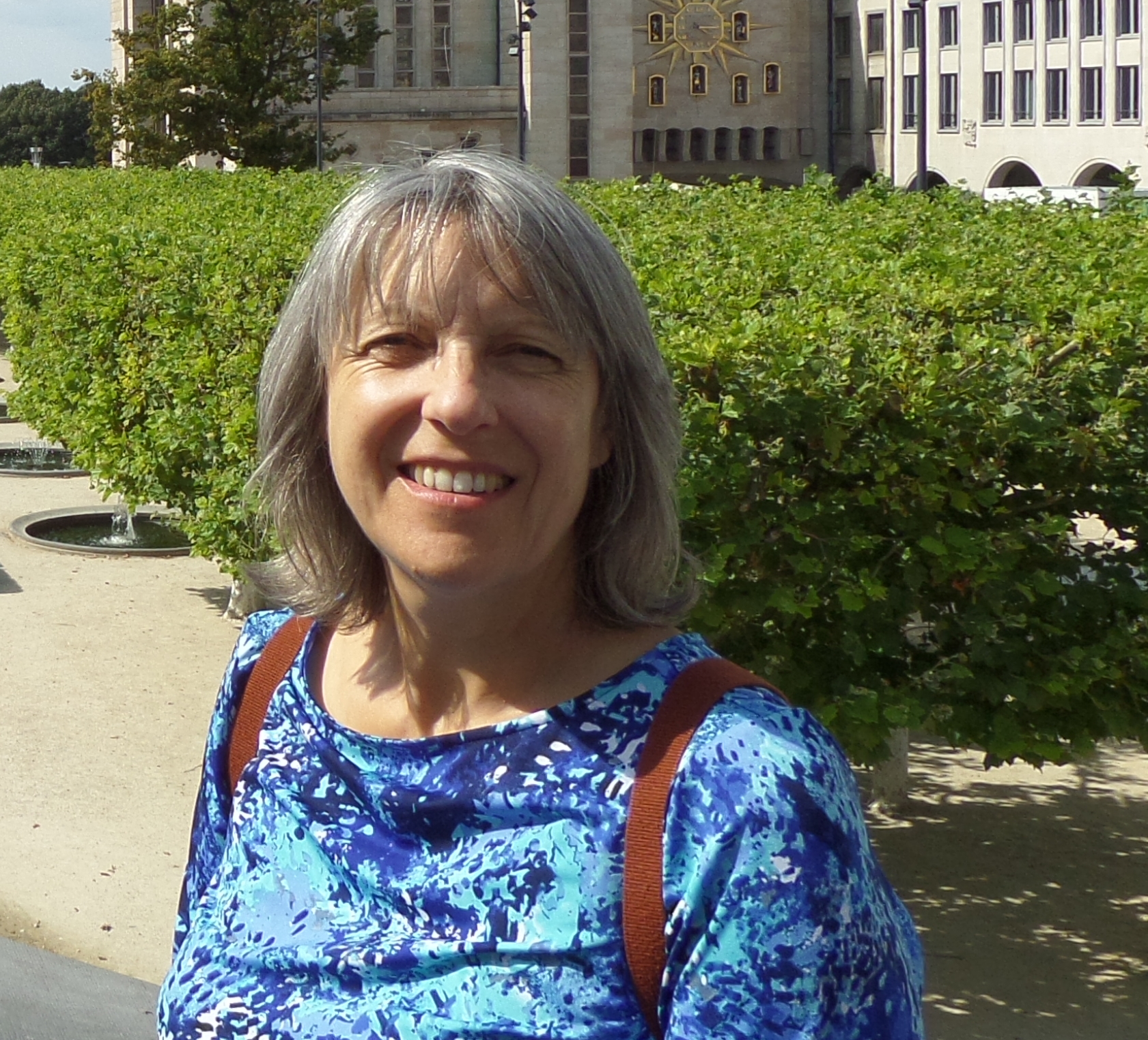
Anne Willis, Cert Ed, NNEB
Project officer and research manager. She is an editor and writer, interested in digital media. Special areas of interest include educational research, nutrition and early year’s development and education.
annefrench100@outlook.com
GGD Rotterdam-Rijnmond
The Rotterdam-Rijnmond Public Health Service (GGD Rotterdam-Rijnmond) in the Netherlands aims to provide good healthcare that is accessible to everyone. In addition, the GGD Rotterdam-Rijnmond works on prevention, preventing diseases and other problems. In terms of the area that it serves, the GGD Rotterdam-Rijnmond is the largest in the Netherlands. It serves all Rotterdam residents, as well as the residents of eighteen municipalities surrounding Rotterdam. Altogether, this includes about a million people.
WHERE ARE THEY FROM?
The department of Infectious disease control is daily concerned with the prevention and control of infectious diseases among all people in the Rotterdam-Rijnmond area. It includes an STI outpatient centre, tuberculosis control unit, a travel vaccination centre and outbreak management. The department also performs research, e.g. in the field of STI control, hepatitis screening, outbreak management, and risk perception.
THEIR ROLE AT THE ECOM PROJECT?
Within the Ecom project, they study vaccination knowledge, attitudes, risk perception and vaccination non-response. They have performed a systematic review on studies into risk perception and vaccination acceptance among the general population during the A/H1N1 pandemic. They have also reviewed vaccination willingness among healthcare workers, during both seasonal influenza and the A/H1N1 pandemic.
Furthermore, they have studied knowledge, attitudes, risk perception and information needs for seasonal influenza and a hypothetical pandemic influenza scenario, through an online survey in the UK, Poland, Spain and Sweden. Reasons for accepting and declining vaccination were addressed as well in the survey. Lastly, they have developed a protocol for outbreak managers to identify the urgency and level of risk communication. The protocol was evaluated by the end user forum of outbreak managers from different EU countries.
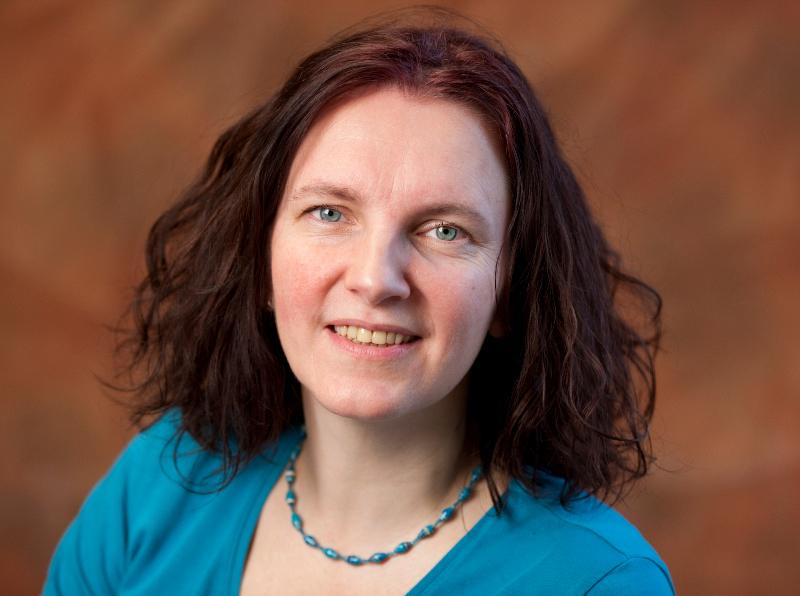
Dr. Helene Voeten
Senior researcher in the department of Infectious disease control at the GGD Rotterdam-Rijnmond. She is leader of WP4. She is experienced in research on infectious disease control, especially on behavioural interventions to prevent transmission. Her focus is on STI control and preventive measures like hand hygiene and vaccination. In the past years, she has tutored several PhD students e.g. on research evaluating a hand hygiene intervention in child day care and on risk perception of newly emerging infectious diseases.
h.voeten@rotterdam.nl
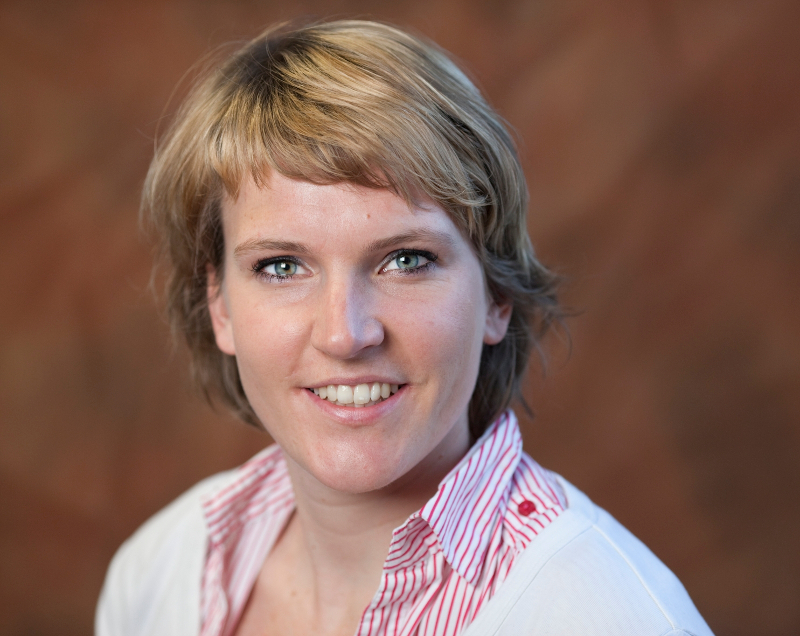
Dr. Marloes Bults
Researcher at the GGD Rotterdam-Rijnmond in the first two years of the Ecom project. She carried out most of the work for WP4 and received her PhD degree in risk perception of emerging infectious diseases. Currently she is working at the Radboud University in Nijmegen, doing research on breast cancer screening.
marloes.bults@radboudumc.nl

Prof. dr. Jan Hendrik Richardus
Senior researcher in the department of Infectious disease control at the GGD Rotterdam-Rijnmond. He is scientific coordinator of the Ecom project and is appointed at the Erasmus MC as well, as professor in Infectious Disease and Public Health.
jh.richardus@rotterdam.nl
RIVM
The National Institute for Public Health and the Environment (RIVM) in the Netherlands has about thirty separate units (laboratories, teams, and centres), which each focus on a specific area of research. The units are grouped into four divisions, which each have a own director. RIVM conducts research, advises on policy, and helps to implement that policy with a view to promoting public health and maintaining a safe and clean environment.
WHERE ARE THEY FROM?
Within RIVM’s Centre for Infectious Disease Control, the National Coordination Centre for Communicable Disease Control is responsible for rapid and efficient management of and communication on national and regional outbreaks. The Centre for Infectious Diseases, Epidemiology and Surveillance analyses and monitors the occurrence and trends in infectious diseases in the Netherlands and carries out studies on the effectiveness and cost-effectiveness of measures to control such diseases.
THEIR ROLE AT THE ECOM PROJECT?
The RIVM research group, together with Strategic Social Marketing, aimed to describe in WP6 evidence-based behavioural and communication strategies for under-vaccinated groups (UVGs), to assist health professionals and public health agencies throughout Europe in case of major epidemic outbreaks of a vaccine preventable disease.
By identifying UVGs in three European countries and their determinants for under-vaccination, behavioural and communication strategies directed at the most common determinants can be formulated to increase vaccination uptake in case of major epidemic outbreaks of a vaccine preventable disease.
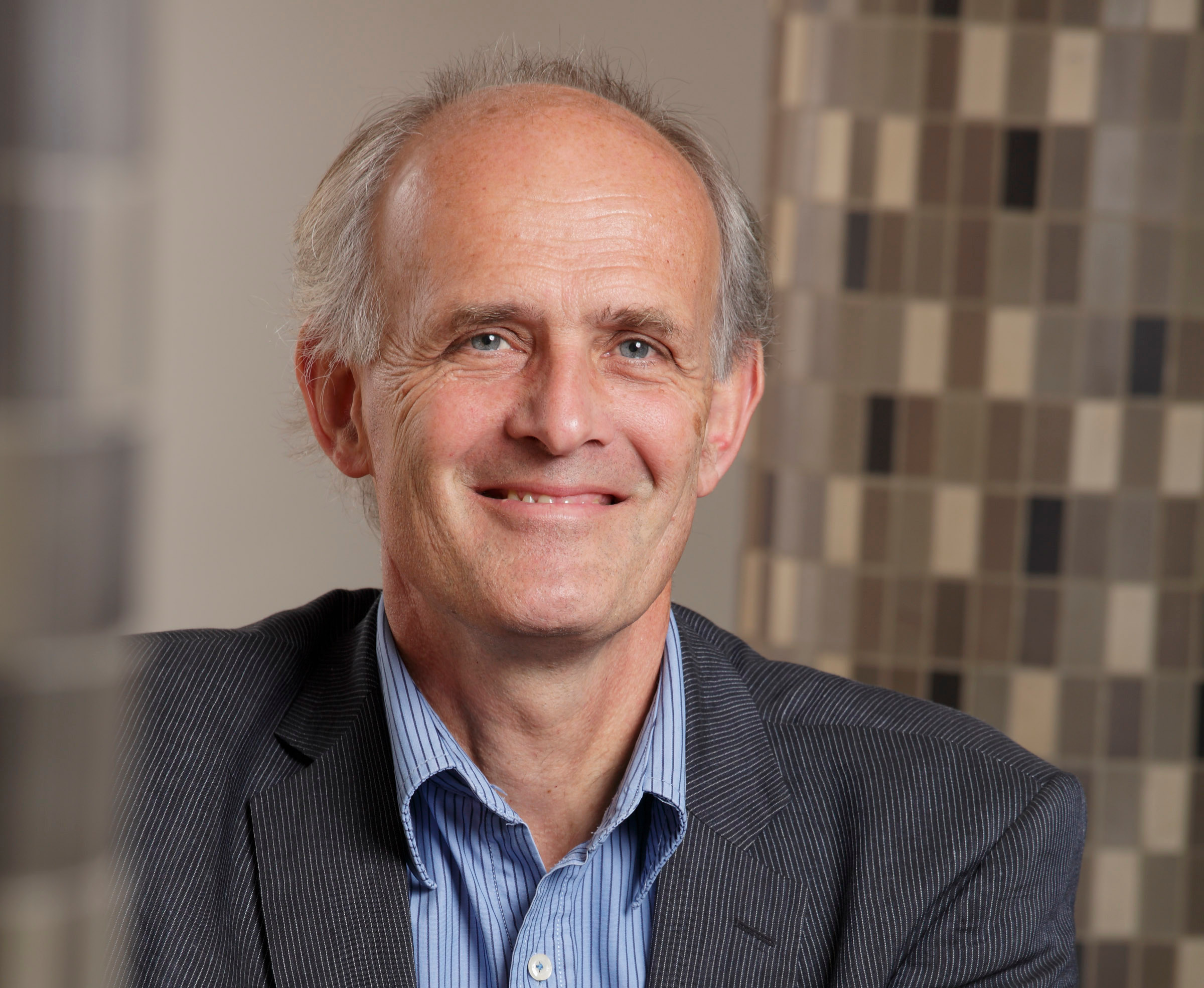
Dr. Jim van Steenbergen
Community health physician, epidemiologist, and leader of WP6. After seven years in clinical practice (in the Netherlands and Zambia), he moved to public health working ten years in a Dutch Municipal Public Health Service. He heads the National Coordination Centre for Communicable Disease Control since its beginning in 1995. In 2011 he also joined the Academic Workplace Public Health from Leiden University, doing research into the societal aspects of communicable disease control.
jim.van.steenbergen@rivm.nl
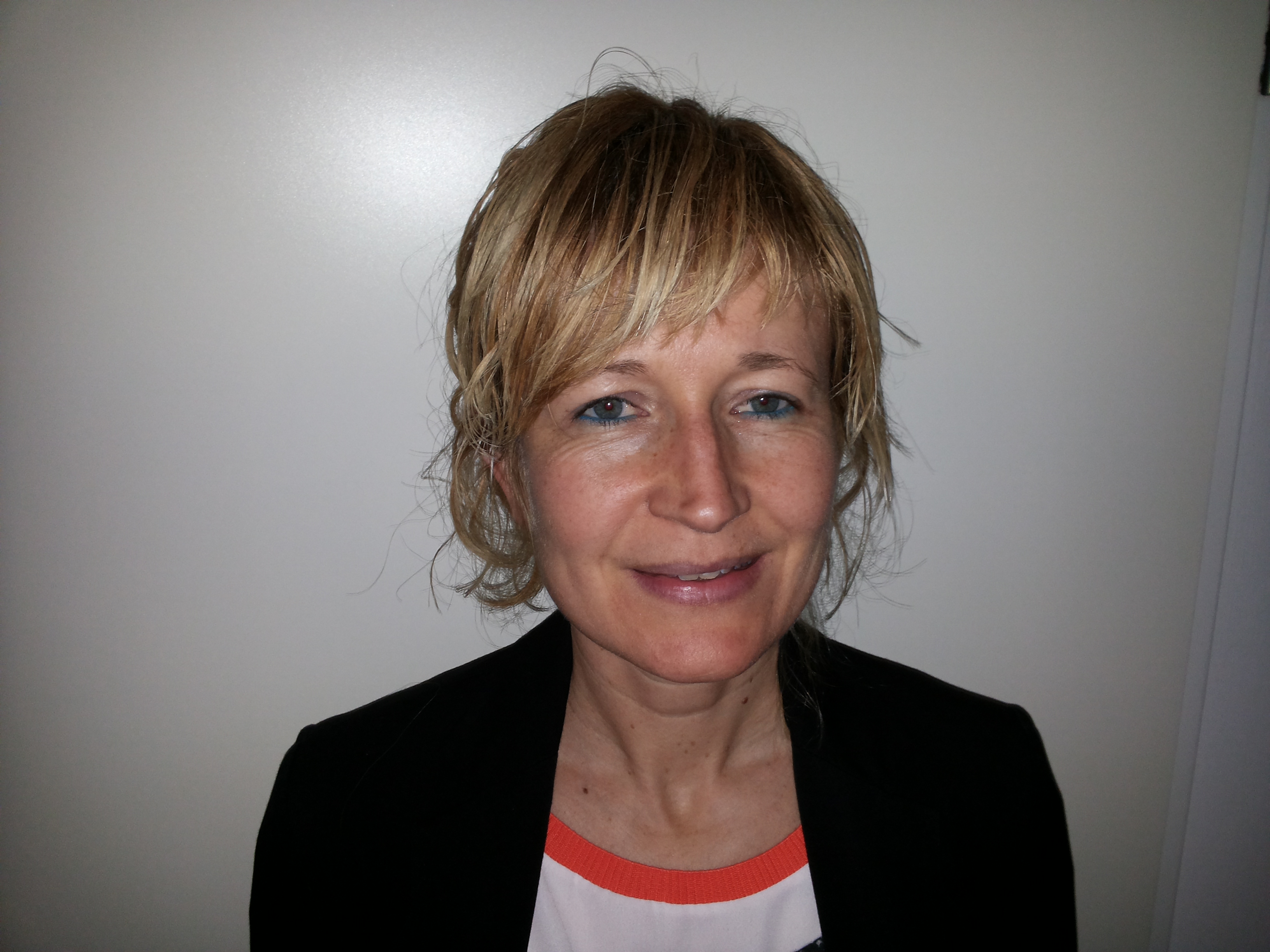
Dr. ir. Liesbeth Mollema
Senior researcher at the Centre for Infectious Diseases, Epidemiology and Surveillance of the RIVM, studying epidemiology of vaccine preventable diseases. She has ample experience with performing sero-epidemiological studies and research on attitude/intention to vaccinate and communication about the National Immunization Programme. She is also responsible for the surveillance of Haemophilus Influenzae and Meningococcal disease.
liesbeth.mollema@rivm.nl

Nelly Fournet
Completed the European Programme for Intervention Epidemiology Training (EPIET) at the Centre for Infectious Diseases, Epidemiology and Surveillance of the RIVM. Thereafter she went to the Democratic Republic of Congo for epidemiological fieldwork. Currently she is working at the French Institute for Public Health Surveillance in Paris, where she works on foodborne outbreaks and STI surveillance.
nellyfournet@yahoo.fr
CBSSM
The Center for Bioethics and Social Sciences in Medicine (CBSSM) is a multidisciplinary unit at the University of Michigan, located in Ann Arbor, Michigan, USA, that integrates bioethics with key social science disciplines, bringing together into one entity research, education, and policy/public outreach.
WHERE ARE THEY FROM?
The mission of CBSSM is to be the premier intellectual gathering place of clinicians, social scientists, bioethicists, and all others interested in improving individual and societal health through research, education, and public outreach. The primary research interests of CBSSM include clinical and research ethics; health communication and decision-making; medicine and society; health, justice and community; and genomics, health and society.
THEIR ROLE AT THE ECOM PROJECT?
The CBSSM research group aims to test the effectiveness of communication strategies to understand how health professionals may counter problematic media messages, manipulate uncertainties in outbreak communication, and develop strategies to counter dramatization of risk, while appropriately engaging the public in outbreak information. The CBSSM research group has extensive experience in health communication, risk and crisis communication, risk communication graphics, omission/action tendencies, self-other differences, and social cognition.
The CBSSM research group will test communication strategies in experimental designs using an Internet sample. One study aims to test uncertainty during the beginning stages of a pandemic. A second study will test the use of visualizations as tools to communicate information about incidence, mortality, and spread of the flu. Two other studies will test the effectiveness of metaphors and testimonials as communication strategies to target segments of the population, convey emotionality in an outbreak situation, as well as test communication strategies for healthcare workers in the event of a pandemic.
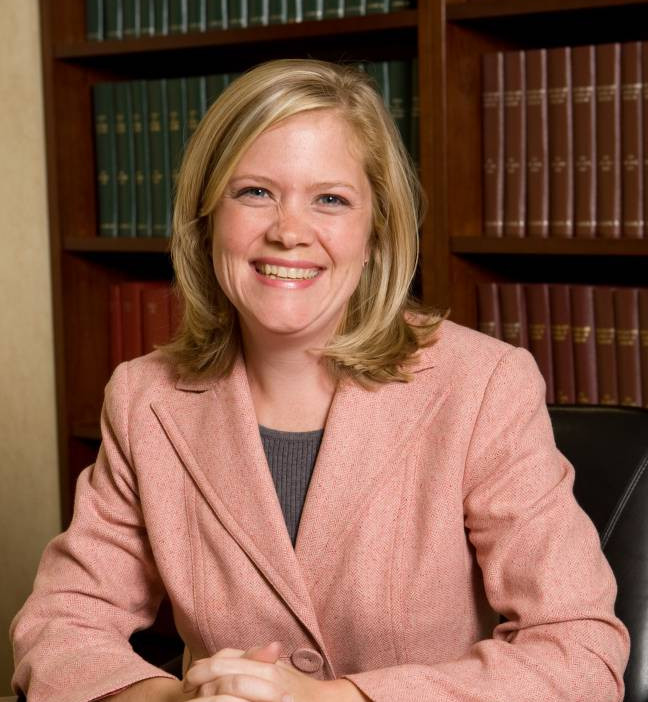
Dr. Angela Fagerlin
Associate professor in the Department of Internal Medicine and Psychology at the University of Michigan and research scientist at the VA Ann Arbor Center for Clinical Management Research. She is co-director of CBSSM and leader of WP8. Her primary research focus is testing methods for communicating the risks and benefits of treatment to patients (e.g. in decision aids) and testing the use of decision aids in clinical practice.
fagerlin@med.umich.edu
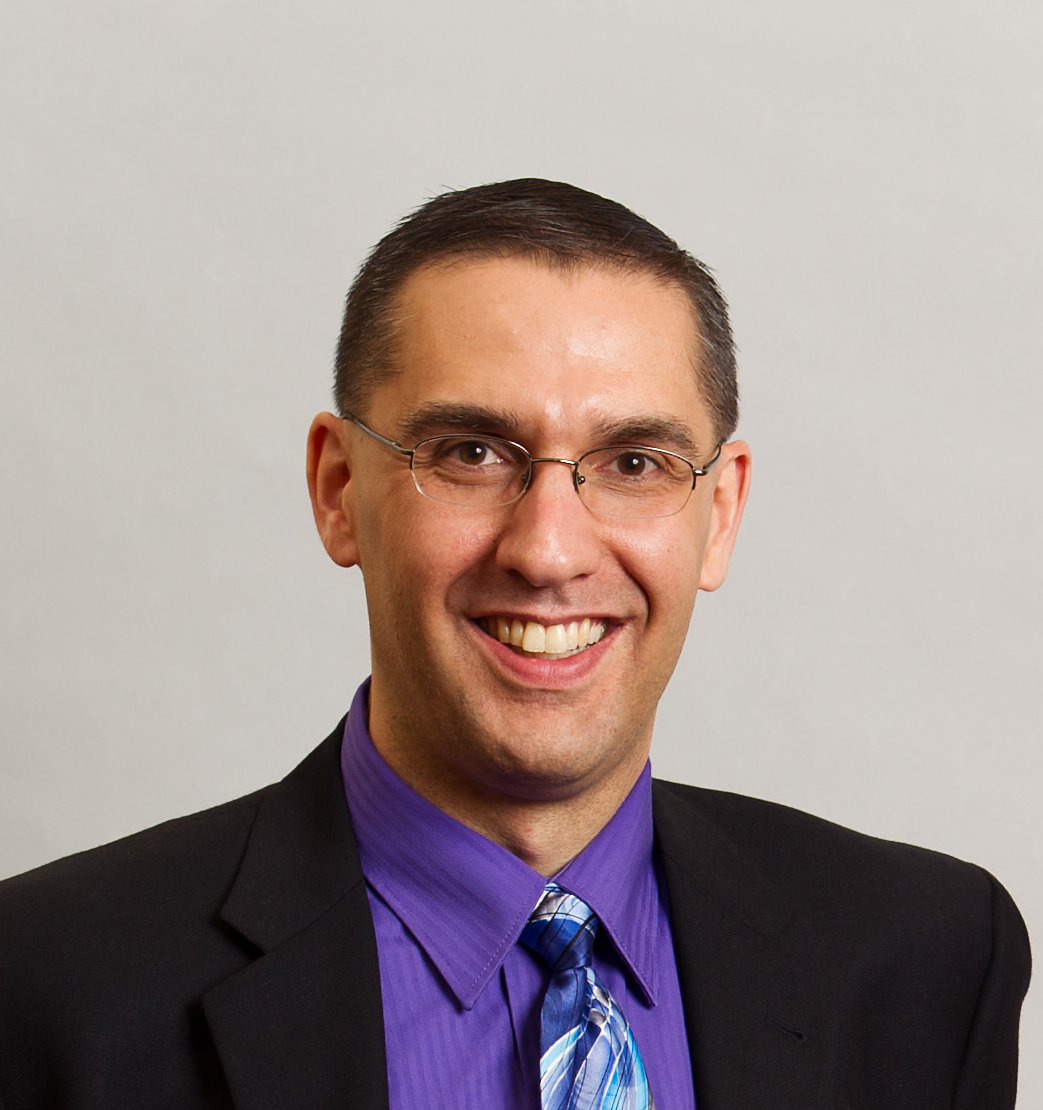
Dr. Brian Zikmund-Fisher
Associate professor in the Department of Health Behavior and Health Education, University of Michigan School of Public Health, as well as research associate professor in the Division of General Internal Medicine, University of Michigan Medical School. His research in health communication focuses on making risk statistics and other types of quantitative health information meaningful and useful for decision making by patients and the public.
bzikmund@umich.edu
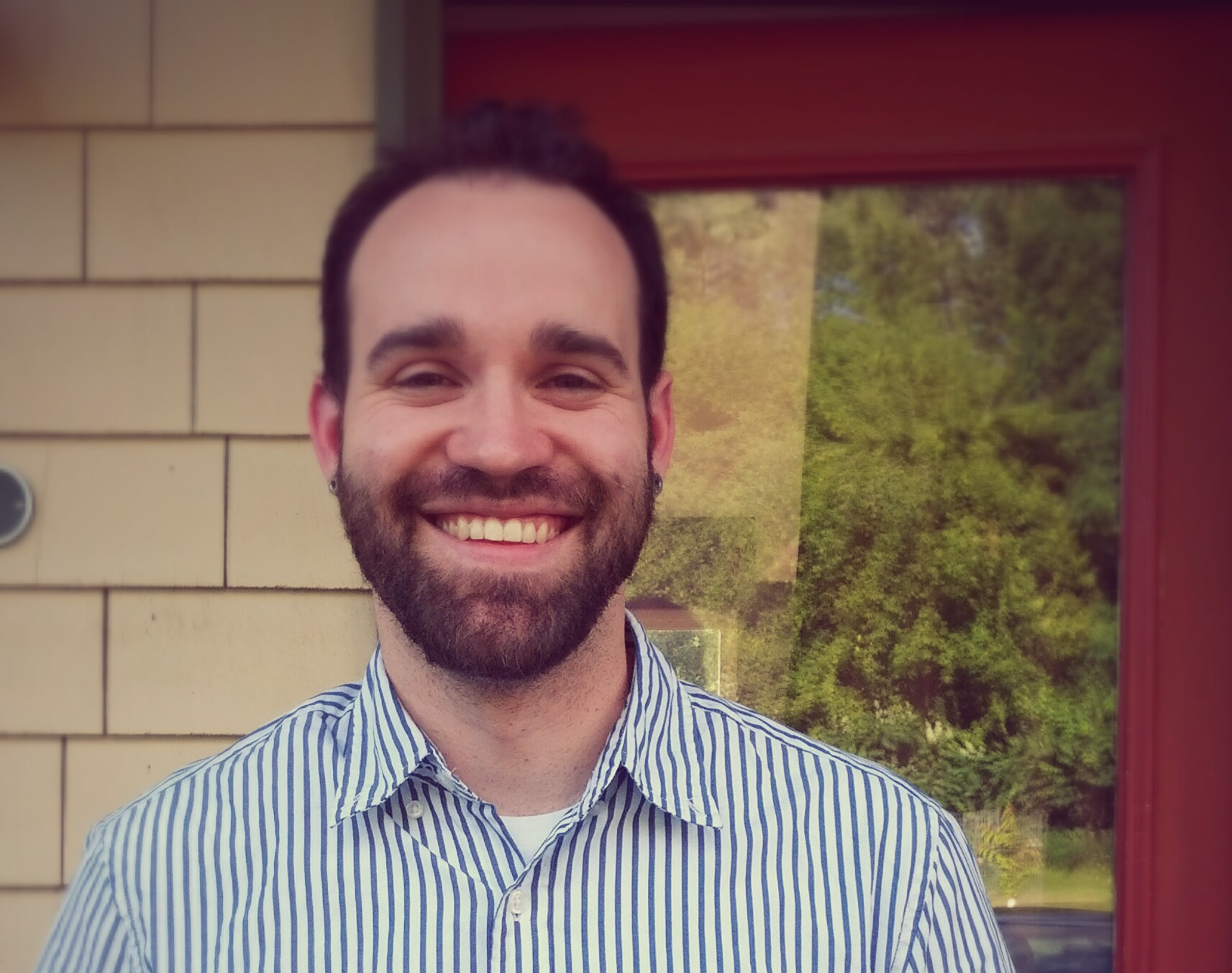
Dr. Aaron Scherer
Post-doctoral fellow at the CBSSM at the University of Michigan. His current research examines the consequences of biased beliefs across a variety of contexts, such as the impact of comparative biases on intentions to change eating behaviours, metaphors on intentions to get vaccinated, and political stereotypes on political polarization.
aaschere@med.umich.edu
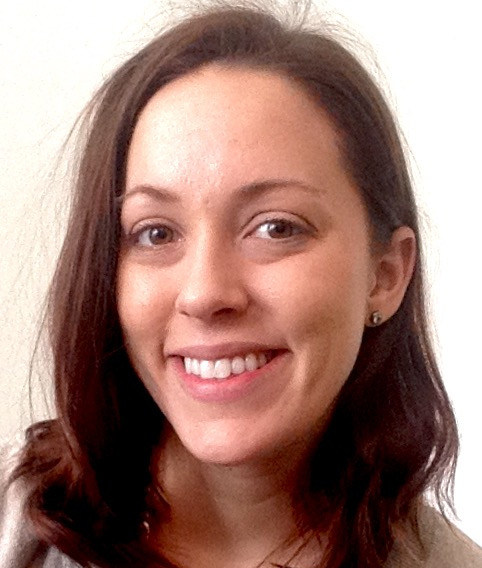
Megan Knaus, MPH
Research associate at the CBSSM at the University of Michigan. Her interests are in physician-patient communication, risk communication, health media, and the use of decision aids at the point of care.
megknaus@med.umich.edu
Elastique.
Elastique. GmbH is a multi-disciplinary media communications agency, based in Cologne in Germany. They develop long-lasting concepts and design solutions across all media focusing on their clients’ messages and offer innovative brand communications across all channels. In addition to the entire spectrum of strategic and conceptual advice, their range of service comprises the creative and technological implementation of a wide variety of communication concepts, as well as developing single media. Elastique. has established a reputation in this field as a partner accomplished in presenting digital brands, products and themes. Their projects are highly rewarded, among others, at the Art Directors Club Europe, the red dot award communication design, the DDC Award, the iF communication award or the New York Festivals. Well-known clients of Elastique. are Daniel Libeskind, Mercedes-Benz, Nikon, Vodafone, BMW, Mini and more.
WHERE ARE THEY FROM?
Elastique. is an agency for creative brand communication. With a focus on interactive and motion design, they are creating amazing experiences and using effects in an appealing way to emphasize the sensual factor of information with pictures and stories, movement and sound.
THEIR ROLE AT THE ECOM PROJECT?
In the Ecom project, Elastique. is responsible for conceptualizing, designing and programming digital and printed tools for experts from the healthcare sector and risk groups to communicate effectively and behave correctly in a scenario of an outbreak. The development of the tools is based on the research results of the first two years of the Ecom project. The main ambition of Elastique. within the Ecom project is to reduce the complexity of information and to provide accessibility for an effective communication during a pandemic outbreak.
„We are looking for the right way to make complex issues and processes understandable and emotionally accessible – clear, simple and moving – that’s what is always driving us.“
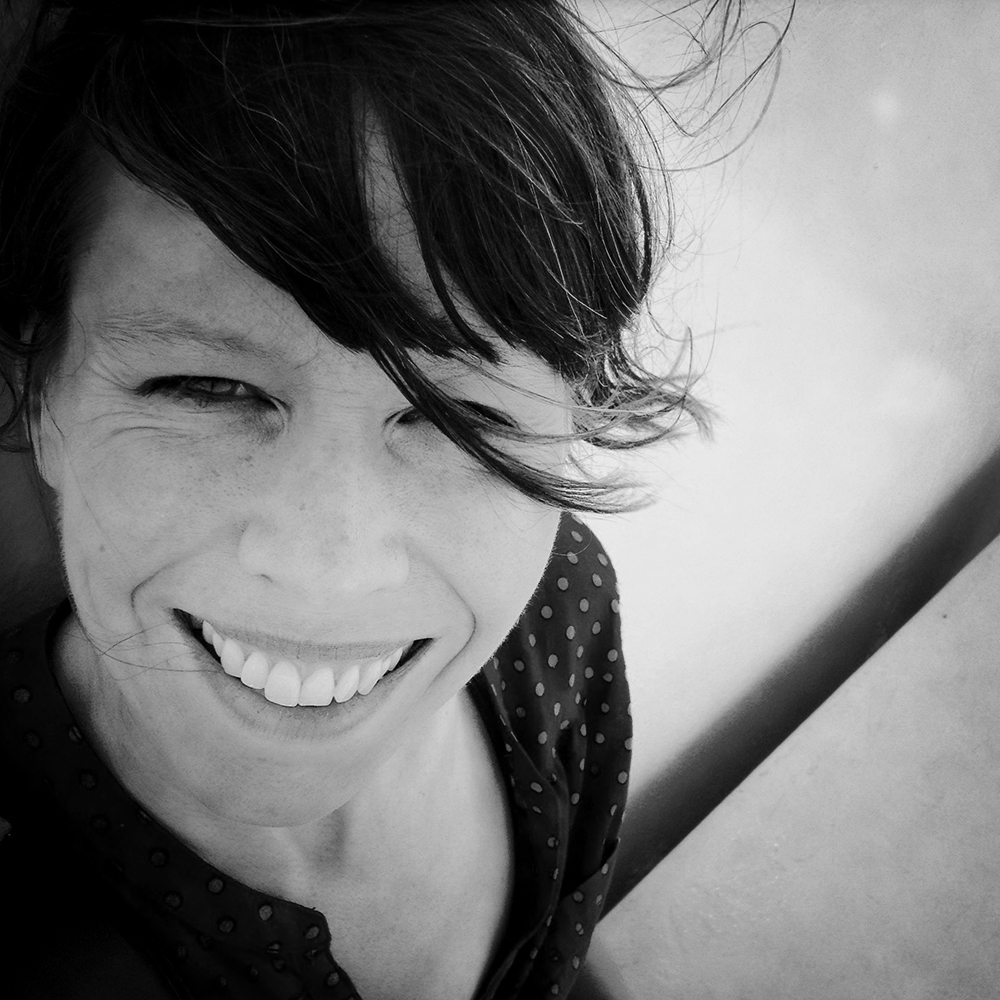
Betty Schimmelpfennig
Executive art director of Elastique. She founded the agency together with Andreas Schimmelpfennig in 2005. For more than twenty years she is working in the field of digital media. Her main focus concerns user experience and interface design. Nationally, as well as internationally, projects of Elastique. are highly rewarded.
betty@elastique.de
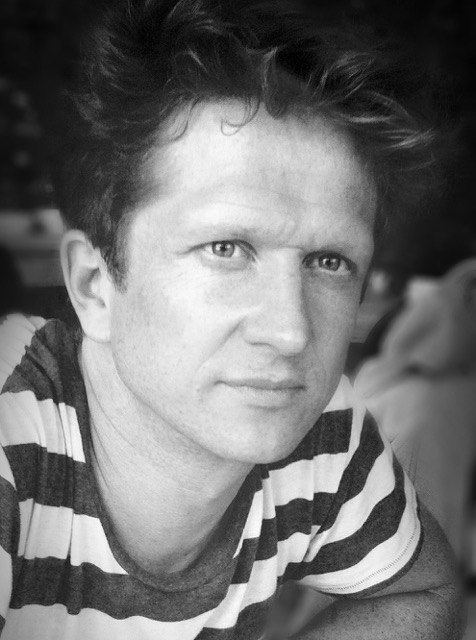
Andreas Schimmelpfennig
Works for more than twenty years in the field of digital media. His focus is clear emotional communication of content as well as creating touching experiences. He teaches at the Köln International School of Design in Cologne, at the Filmakademie Baden-Wuerttemberg in Ludwigsburg, and at the DHBW Baden Wuerttemberg in Ravensburg. Since 2009 he is a member of the Art Directors Club Germany, and since 2002 he is a member of the German Association of Sound Engineers. He is the leader of WP9.
andreas@elastique.de
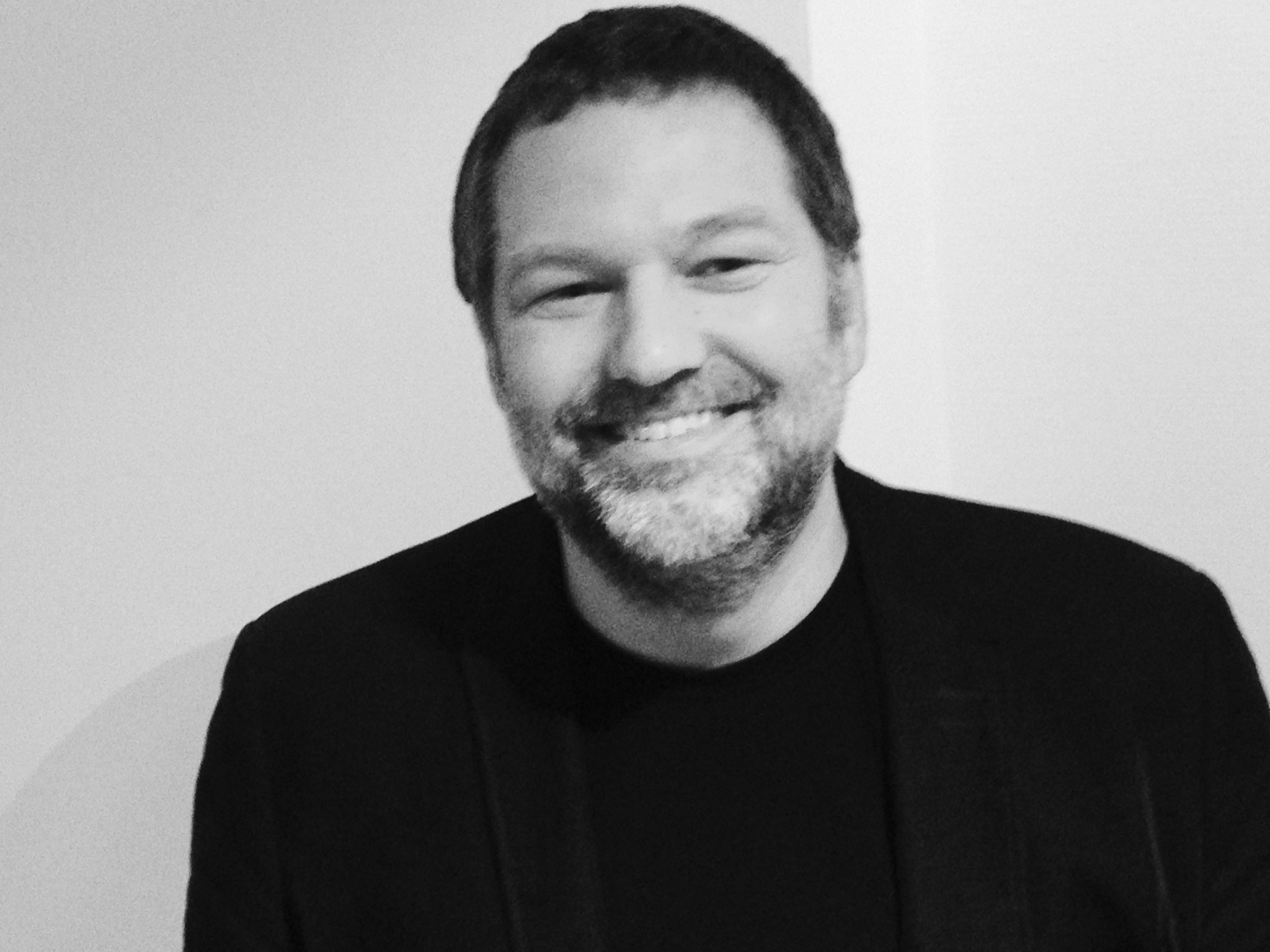
Stephan Neetenbeek
Concept developer and copywriter. He became fascinated with digital media in the 90s and ventured into the business as an online editor and conceptionist. He has been involved in multiple awarded and highly acclaimed projects.
stephan@elastique.de
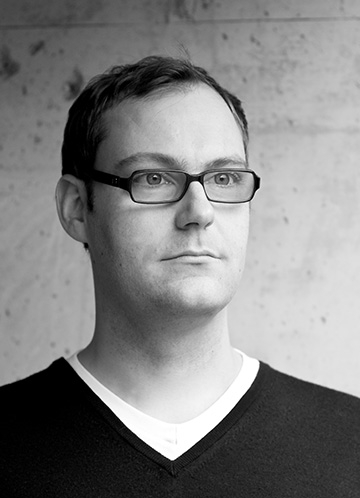
Wolfgang Schmitz
Concepter and art-director. He studied Communication Design at the University of Applied Sciences Trier. He has more than twelve years of experience in mobile and online projects. He worked for communication agencies like Jung von Matt, Heimat-Berlin, denkwerk, People and Interactive. He collaborated with BMW, Deutsche Welle, Nokia, Sony-Europe, Schweiz Tourismus and Deutsche Telekom in the development of digital products.
wolfgang@elastique.de
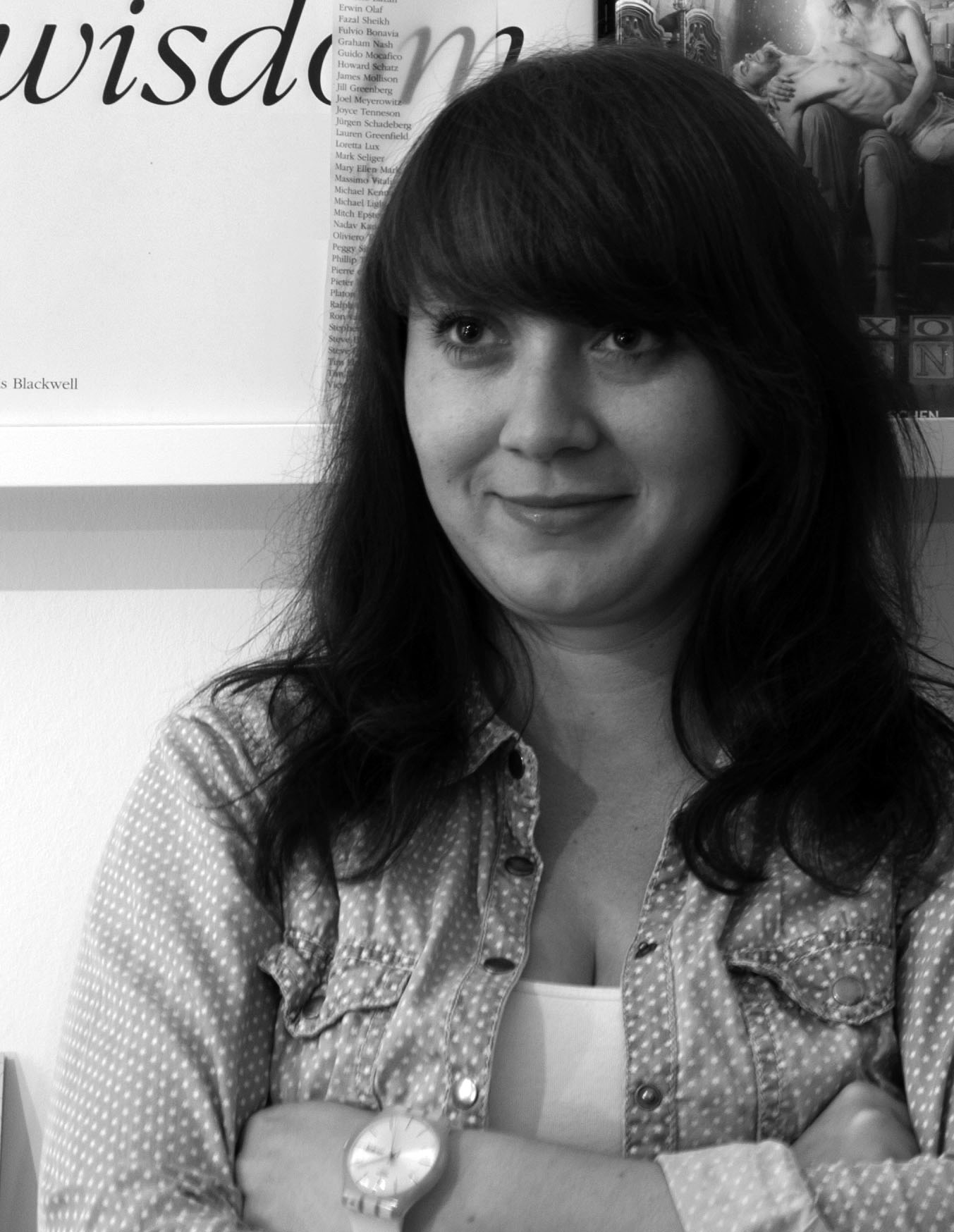
Svenja Brüggemann
Studied Design at the Köln International School of Design. In spring 2014 she passed her master’s degree in Exhibition Design with distinction at the Exhibition Design Institute at the University of Applied Sciences Düsseldorf. She is responsible for the Ecom project management within Elastique.
svenja@elastique.de
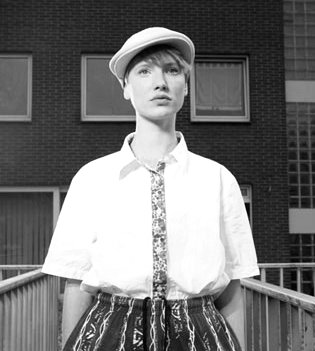
Sarah Böckenhüser
Sarah Böckenhüser studied Communication Design at the University of Applied Sciences in Aachen. Since 2011 she works as a designer for Elastique and has been involved in multiple highly rewarded projects. Right from the start of the ECOM project she operates as a designer and among other things she is responsible for the characteristic style of illustration.
sarah@elastique.de










